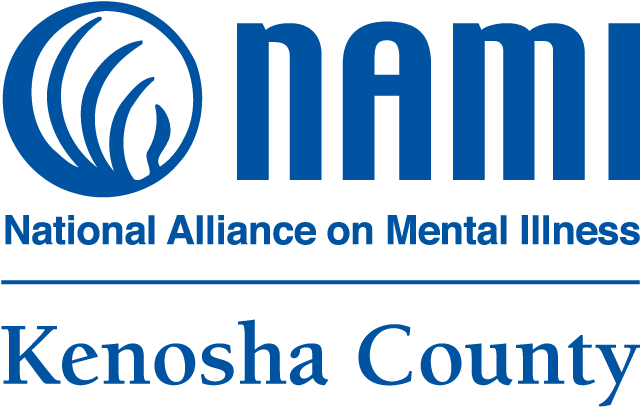Skip to content
LAW ENFORCEMENT
- Kenosha County Sheriff Department
Information: 262-605-5100
Non-Emergency Dispatch: 262-653-6600
Non-Emergency issues: 262-843-2371
- Kenosha Police Department
Information: 262-605-5200
Dispatch 262-656-1234
- Pleasant Prairie Police Department
Non-Emergency: 262.694.7353
- UW Parkside Police Department
262-595-2455
- Twin Lakes Police Department
Non-Emergency Police Department Phone
Number: 262-877-9056
- Wisconsin State Patrol – Southeast Region
(262) 785-4700
FINANCIAL RESOURCES
- Kenosha Human Development Services (KHDS)
(help finding insurance, medications, psychiatrist,
and counseling): 262-764-8555 or 800-236-7188
- Social Security Office: 800-772-1213
- Compass Wisconsin (Threshold): 866-710-4054
- Wisconsin Office of the Commissioner of
Insurance: 608-266-3585
LEGAL RESOURCES
- Disability Rights Wisconsin: 800-928-8778
- Kenosha County Aging and Disability Resource
Center (ADRC): 262-605-6646
- Kenosha Behavioral Health Jail Diversion
Program: 262-764-8555
- Kenosha County Office of the Corporate Council:
262-925-8020
- WI Lawyer Referral and Information Service:
800-728-7788
- Legal Action of Wisconsin: 800-242-5840
- Kenosha County Local Public Defender:
262-653-6404
- Kenosha Treatment Court: 262-764-8588
- Veteran Treatment Court: 262-638-6719
MENTAL HEALTH CONTACTS (Kenosha County & Wisconsin)
- NAMI Kenosha County (including Support Groups):
262-652-3606
- NAMI Racine County (including Support Groups): 262-
637-0582
- Hope Council on Alcohol and Other Drug Abuse
(Kenosha): 262-658-8166
- Kenosha Human Development Services (KHDS): 262-
764-8555 or 800-236-7188
- Families First: 262-697-4758
- Kenosha County Mental Health and Substance Abuse
Resource Center (MHSA): 262-764-8555
- Kenosha County Division of Health: 262-607-6700
- Kenosha County Domestic Abuse: 262-652-9900
- Rogers Hospital Behavioral Health: 262-942-4000
- Aurora Hospital Behavioral Health: 877-666-7223
- Bridges Community Center: 262-657-5252
- NAMI Wisconsin: 608-268-6000 or 800-236-2988
- NAMI National Helpline: 800-950-NAMI (find help in a
Crisis – text NAMI to 741741)
- Wisconsin State Department of Mental Health
(Division of Care and Treatment Services): 608-266-2717
- Wisconsin Council on Mental Health: 608-261-9316
- WI Warmline/Peer Support: Text HOPELINE to: 741741
- Wisconsin Mental Health Institutions
- Winnebago: 920-235-4910 Mendota: 608-301-1000
NATIONAL CONTACTS
- Federal Mental Health Information Line: 800-789-2647
- National Suicide Prevention Hotline: 800-273-TALK
(8255)
- National Substance Abuses and Mental Health Services
Association (SAMHSA): 1-800-662-HELP (4357)
- Veterans Crisis Line: 800-273-8255 Press 1
- National Domestic Violence Hotline: 800-799-SAFE
(7233)
- Trevor Project (LGBTQ) Crisis Line: 866-488-7386
- Trans Lifeline: 877-565-8860
- National Sexual Assault Hotline: 800-656-HOPE (4673)
- National Eating Disorders Association: 800-931-2273
